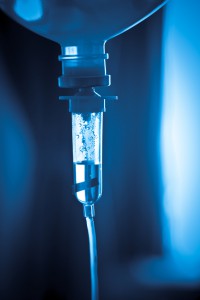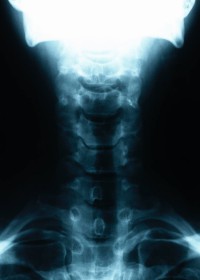
While drugs that fight cancer are becoming more effective, this improvement comes at a steep cost. Cancer costs reached $100 billion last year, after increasing around $5 billion every year since 2009.
Most of these expensive treatments take place in the US, Britain, Germany, France, Spain and Italy, although the US far exceeds other countries in terms of overall cancer costs.
The US spends roughly $42.5 billion, which makes up about 40 percent of cancer treatment costs in the world. Most of these costs come from treating rare forms of cancer with specialized drugs. Although these drugs have improved patients’ chances of surviving cancer, most insurance companies don’t cover much or any of the costs. This makes these drugs too expensive for many patients to afford.
Despite the increasing costs of treating cancer, India is taking an effective approach to making these drugs affordable for many patients. The country is placing 12 cancer drugs on the National List of Essential Medicines, which puts a cap on their prices. With the price cap in place, more cancer patients are able to afford getting treatment. Cancer drugs on this list must cost the same as the average price for all brands.
For example, a brand that normally costs in the thousands in India typically could only end up costing in the hundreds, based on the average price of all other brands. Thanks to this approach, cancer costs are kept under control and in a price range that more patients can afford. Other countries would benefit from studying this innovative approach that India has taken.
Expensive medications aren’t the only ways to fight cancer. At Issels®, we offer nontoxic forms of cancer treatment, such as immunotherapy. Contact us to learn more about our treatments some of which may be covered by your insurance program.




